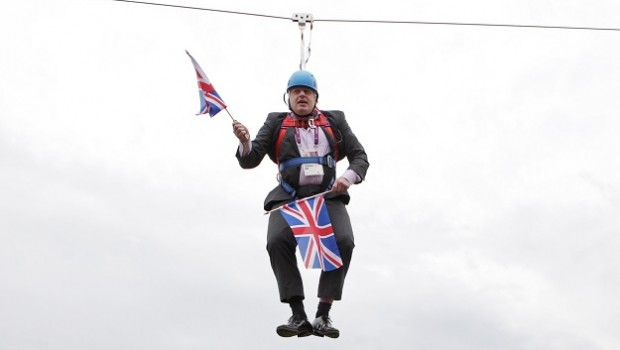Johnson faces Tory revolt over NI rises to pay for social care

UK Prime Minister Boris Johnson faces a potential revolt from within his own Conservative Party over plans to break a manifesto promise and increase National Insurance Contributions (NICs) to pay for social care reforms.
Johnson, Health Secretary Sajid Javid and Finance Minister Rishi Sunak have been working on the government’s long-delayed reforms to social care. The Tories promised at the 2019 election there would be no tax rises in this parliament.
Local media reports suggested that £5.5bn in extra funding has been agreed for NHS shortfalls later this year, including to help clear the backlog caused by the coronavirus pandemic.
But Downing Street sources said details of the social care plans were still being worked out on Sunday night and that a day for the announcement was yet to be confirmed.
Former Conservative minister Jake Berry warned against a policy which appeared aimed at elderly voters in affluent southern seats.
He told the BBC that as national insurance was not paid by people who are retired there was also a question of intergenerational fairness.
“It doesn’t seem fair to me – particularly following this pandemic where so many people have taken great sacrifices to keep people safe, it’s particularly hit the youngest, particularly hit those in work – that we then ask those in work to pay for people to have protection in care.”
He suggested income tax may be a fairer way to raise revenue rather than the “jobs tax” of increased NICs.
“When I was sat round that Cabinet table and Sajid Javid was the chancellor of the exchequer writing the Conservative Party manifesto, he was a great believer in not racking up the jobs tax and I just wonder why he’s had a sort of Damascene conversion when becoming the Health Secretary to seeing the jobs tax as the way forward.”
Reports suggested lifetime contributions on care would be capped at about £80,000 and National Insurance will be increased by 1.25% to raise between £10bn - £11bn per year.
The Institute for Fiscal Studies suggested that increasing basic and higher rate income tax by just under 1.5 percentage points would raise a similar amount to a one percentage point hike in NICs and would spread the burden across the generations.
IFS senior research economist Stuart Adam said: “Choosing to increase NICs rates would mean that just 1.4% of additional revenue came from families that contain a pensioner – who now make up 23% of all families.